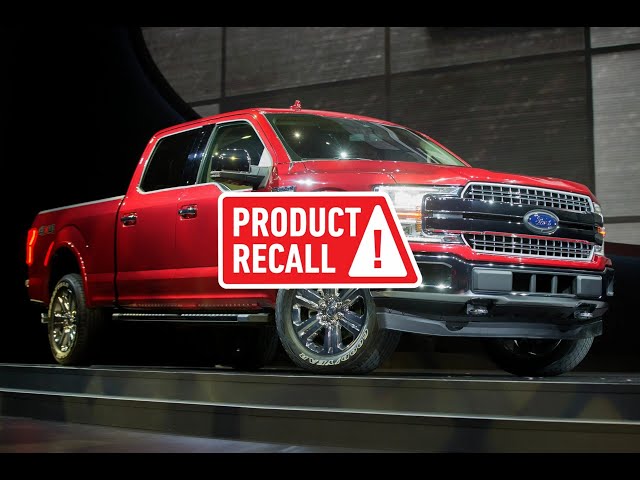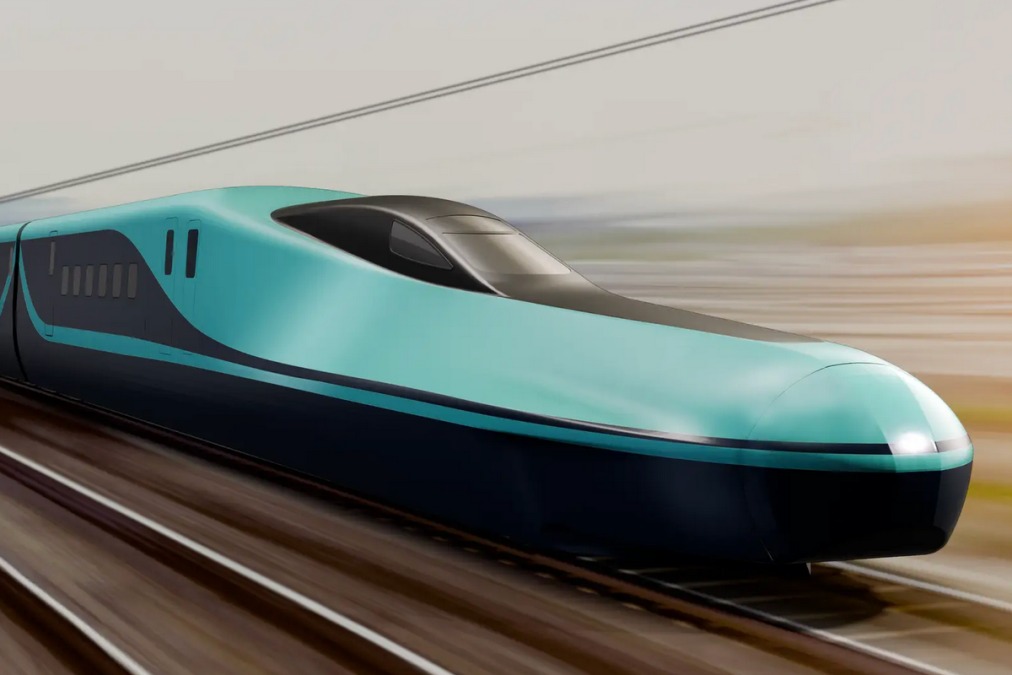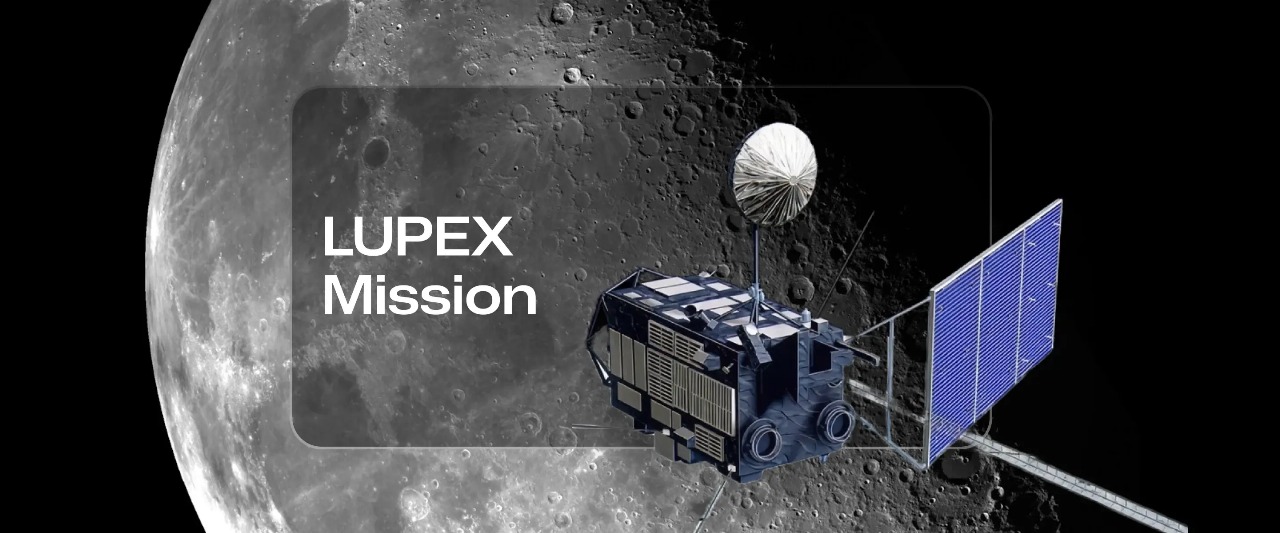 Image Source: YouTube
Image Source: YouTube
Ford Motor Company is initiating a massive recall of nearly 1.5 million vehicles in the United States due to a critical defect in rear-view camera systems, according to a formal announcement by the National Highway Traffic Safety Administration (NHTSA). The recall affects a wide range of models across multiple production years and is aimed at addressing safety risks posed by distorted, inverted, or blank rear-view camera displays.
The NHTSA stated that the defect significantly increases the risk of collisions while reversing, as drivers may be unable to see obstacles or pedestrians behind their vehicles. The issue stems from faulty printed circuit board connectors in the rear-view camera units, which can malfunction due to poor pin alignment or damage during production.
Scope of the Recall: Models and Risks
The recall encompasses approximately 1,456,417 vehicles, including popular models such as:
-
Ford F-250, F-350, and F-450 Super Duty pickups
-
Ford Expedition (2015–2024)
-
Lincoln Navigator and MKC SUVs
-
Ford Bronco (2022–2023)
According to NHTSA documents, the defect may cause the rear-view camera image to appear blank, distorted, or inverted when the vehicle is shifted into reverse. This violates federal safety standards that mandate functional rear visibility systems in all passenger vehicles manufactured after May 2018.
Ford has confirmed that no accidents or injuries have been reported in connection with this issue so far. However, the company acknowledged receiving hundreds of warranty claims and customer complaints related to camera malfunctions.
Root Cause and Supplier Investigation
Ford’s internal investigation traced the issue to a faulty production process involving a Tier 1 supplier based in Auburn Hills, Michigan. The supplier, Magna, reportedly experienced damage to its solder reflow oven, which affected the integrity of the camera’s printed circuit boards. Additionally, an unauthorized design change by a sub-supplier led to misaligned pins and unstable connections within the camera module.
Ford’s Critical Concern Review Group (CCRG) launched a probe in February 2025 after receiving a surge in complaints from Mustang owners. The investigation revealed that similar camera hardware was used across multiple Ford and Lincoln models, prompting the broader recall.
Remedy and Customer Notification
Ford dealers will replace the defective rear-view camera units free of charge. The company will begin mailing official recall notices to affected vehicle owners starting September 15, 2025. Customers are advised to schedule service appointments promptly to avoid potential safety hazards.
In addition to hardware replacement, Ford is reviewing its supplier quality assurance protocols and production oversight mechanisms to prevent recurrence. The automaker has pledged full cooperation with NHTSA and other regulatory bodies during the recall process.
Market Reaction and Industry Implications
While Ford’s stock saw a minor dip following the announcement, analysts believe the recall is unlikely to have a long-term financial impact, given the company’s proactive response and absence of reported injuries. However, the incident underscores the growing complexity of automotive electronics and the importance of rigorous quality control in safety-critical systems.
This recall is Ford’s 46th since January 1, 2025, highlighting the challenges automakers face in managing increasingly sophisticated vehicle technologies. It also adds to a broader industry trend of recalls related to camera, sensor, and software failures—issues that are becoming more prevalent as vehicles evolve into connected, semi-autonomous platforms.
Looking Ahead
Ford’s swift action in addressing the rear-view camera defect reflects its commitment to safety and regulatory compliance. As vehicles become more reliant on digital systems, manufacturers will need to invest heavily in supplier oversight, component testing, and cybersecurity to ensure reliability.
The NHTSA continues to monitor recall execution and may issue further guidance if additional risks are identified. Vehicle owners can check their recall status using the NHTSA recall lookup tool or by contacting Ford customer service directly.
Sources: Reuters, Carsforsale.com, Automotive Dive
Advertisement
Advertisement






